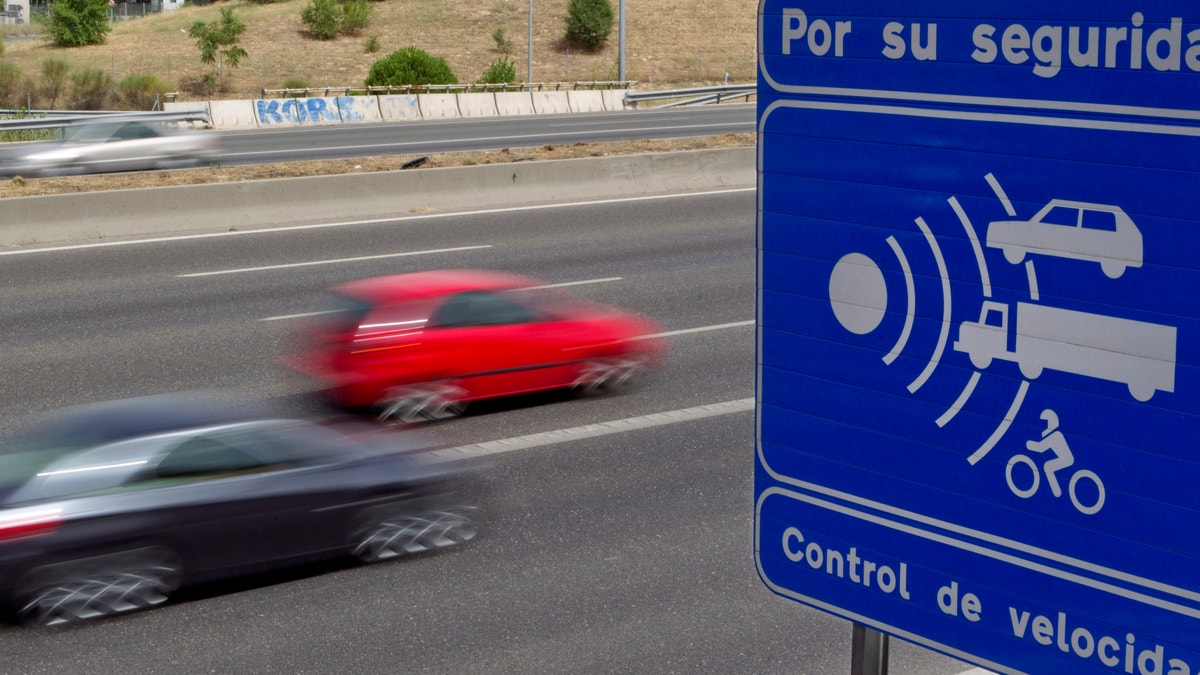
(AP)
MADRID – Spain will lower highway speed limits, cut train ticket prices and use more biofuel under an emergency energy-saving initiative because of soaring oil prices brought on by unrest in Libya, an official said Friday.
The Libyan rebellion has sharply reduced exports from the oil-rich nation, and about 13 percent of the oil Spain consumes comes from Libya.
Deputy Prime Minister Alfredo Perez Rubalcaba said Spain's energy supply is not in danger, despite shutdowns by oil companies operating in Libya, but the national energy bill will rise significantly because of the sharply higher petroleum prices.
He said a euro10/per barrel ($1.37 per barrel) increase in oil prices will cost Spain an extra euro500 million ($690 million) per month.
"This is what happens when we depend so much on oil. It is normal that the price goes up when there are problems," said 28 year-old student Pablo Regadera.
Spain's energy saving measures will be approved formally next week and take effect on a temporary basis March 7.
The maximum speed limit on Spanish highways is 120 kilometers per hour (75 mph) and this will come down to 110 kph (68 mph). The government will rush to print new signs to alert people of the change.
"We are going to go a bit slower and in exchange for that we are going to consume less gasoline and therefore pay less money," Perez Rubalcaba said. For instance, he said, a car running on gasoline will use 15 percent less fuel at the new, lower speed limit.
Madrid taxi driver Carlos Cuellar Benito, 47, doubted the measure would make any difference. "I think that it is nonsense. A change of 10 kilometers an hour is not going to save anything, it is not logical."
The government also will order a 5 percent reduction in fares on commuter and middle-distance trains by the state railway system RENFE.
"We are going to wage a major campaign to promote public transport, which is always welcome but which in this case is absolutely necessary for us," he said.
Finally, oil companies will also have to add more bio-fuel to the gasoline and diesel they produce — from the current mandatory 5.8 percent proportion, up to 7 percent, the deputy prime minister said.








































